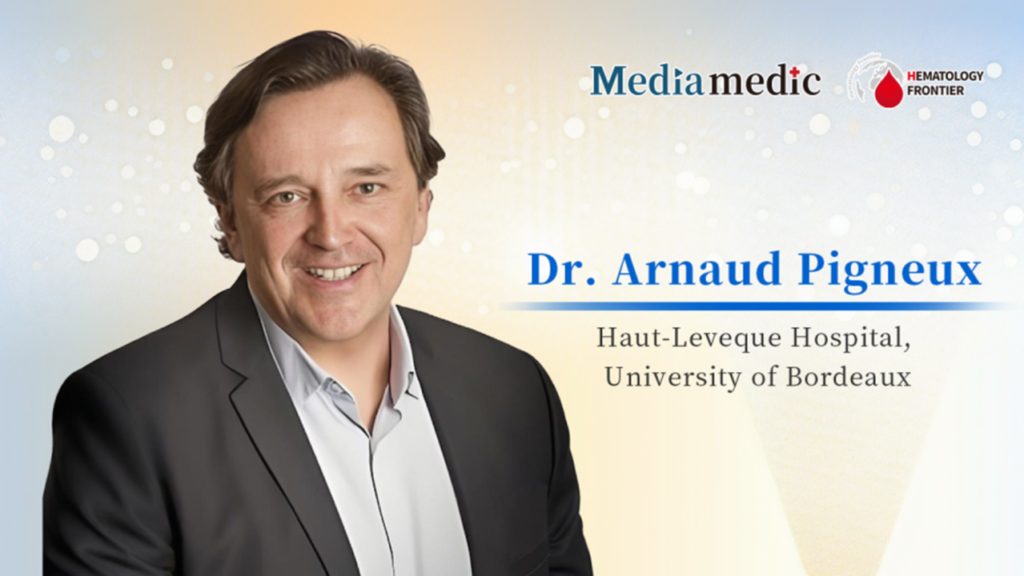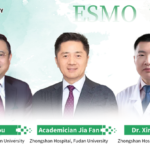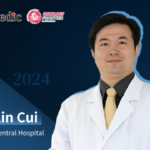
Recently, the 11th Sino-French Hematology Academic Conference successfully took place in Tianjin, China, attracting hundreds of top authorities and scholars in the field of hematology from both domestic and international circles. During the conference, "Hematology Frontier" specially invited Dr. Arnaud Pigneux from Haut-Leveque Hospital, University of Bordeaux, to discuss the innovative practice achievements of the French Innovative Leukemia Organization (FILO).Hematology Frontier:What specific cases or achievements can you share about FILO’s contributions to innovative leukemia treatments? How have these innovations improved patient outcomes and quality of life?
Dr. Arnaud Pigneux:The federal group in the past years has improved the outcome of the ML patients in two ways. The first was by adding a third drug to induction chemotherapy, this drug is lomustine or CCNU and it permits to improve the survival and the complete remission for patients.
The second way was that, I think we improve the result was by adding androgen therapy for maintenance. The name of the drug was neither var nor is on the road. Unfortunately, it’s not produced for the wide and we tried to have a new production of this drug. It is very important to hurry up maintenance. I think we have to input some more drugs in this part of treatment.
Hematology Frontier:What strategies has FILO adopted to address challenges in leukemia treatment, such as drug resistance? How effective have these strategies been?
Dr. Arnaud Pigneux:Nowadays, we tried to work as a European group, because as you know, ML is now a multiple disease with the targeted therapies we can use. So we have worked with the HOVON and AMLSG group for targeted therapy against the FLT3 and IDH. And we are searching for new strategies for other target like Menin inhibitors. In the future, maybe other countries in Europe.
Hematology Frontier:Looking ahead, what new initiatives or research directions does FILO have in mind? What major breakthroughs do you foresee in the field of leukemia treatment in the future?
Dr. Arnaud Pigneux:I think the most important unmet need will be for unfit patient because most of the patients with AML are elderly, even more than 70 years, we cannot use for them intensive chemotherapy most of the time and allograft. So we have to improve this part of the treatment by combining new drugs and finding new way by immunotherapy to add some new insight for AIL. Thank you.


